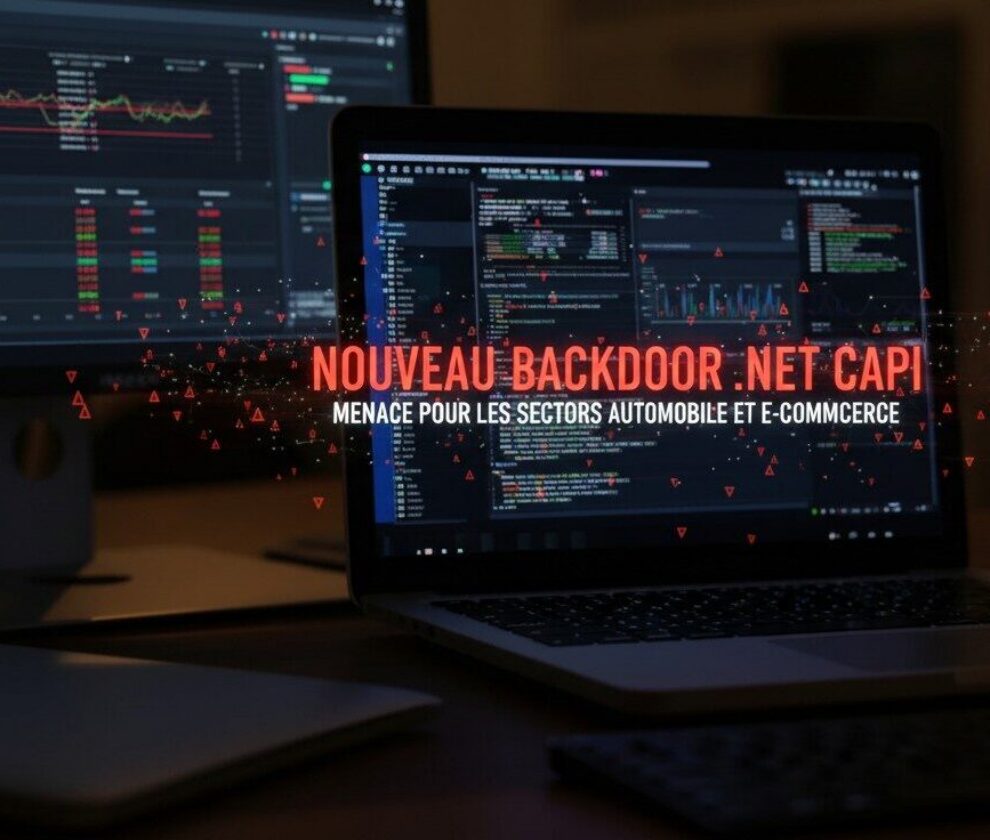In an increasingly interconnected digital era, protecting software supply chains has never been more critical. Attackers now frequently target these pivotal infrastructures, leaving companies and governments grappling with unforeseen threats. The fifth annual International Counter Ransomware Initiative (CRI) summit in Singapore has issued new guidelines aimed at reinforcing supply chain resilience. These recommendations are a wake-up call for organizations worldwide to prioritize security measures and reduce vulnerability to ransomware.
Why Are Software Supply Chains So Vulnerable?
Modern supply chains are a marvel of complexity and interdependence, but this intricate design comes with significant security risks. Cybercriminals exploit weak links within the chain, using them as entry points to launch wider attacks. A key example was witnessed in 2023 with the MOVEit file transfer tool vulnerability, which allowed hackers to access hundreds of businesses. Similarly, Blue Yonder, a provider for brands like Starbucks, showcased the devastation attacks can bring to global enterprises.
“Supply chain security is essential to the global economy,” stated Dan Jarvis, the UK Security Minister.
CRI’s New Recommendations for a Secure Supply Chain
The recent CRI guidelines focus on integrating robust cybersecurity protocols into business risk assessments. Spearheaded by collaborative efforts from the UK and Singapore, the resulting protocol offers practical actions to counter cyber threats within supply chains. Here are key takeaways:
- Emphasizing stringent cyber hygiene practices for all employees.
- Conducting regular evaluations of third-party supplier vulnerabilities.
- Establishing rapid response protocols to mitigate potential attacks.
These preventive strategies empower organizations to identify and address weaknesses proactively.
Global Impact and the Need for International Coordination
Tackling ransomware effectively requires a coordinated global response. Since its inception in 2021, the CRI has expanded to include 61 countries and multiple international organizations. This unified effort has yielded promising results. For instance, Chainalysis reported a 35% drop in ransomware payments in 2024, thanks to targeted actions against groups such as LockBit.
Such developments underscore the importance of collaborative international frameworks to combat transnational cyber threats.
What Businesses Can Do Now
Against the backdrop of political and economic uncertainties, businesses must adopt proactive measures to strengthen their supply chains. Here are actionable steps enterprises can take:
- Deploy automated vulnerability assessment systems to identify unexpected risks quickly.
- Verify the existence and efficiency of business continuity plans for mitigating disruptions.
- Invest in comprehensive cybersecurity training for employees to promote awareness and preparedness.
By taking these actions, companies can better withstand the complex challenges posed by ransomware.
Lynx Intel: Your Partner in Supply Chain Security
At Lynx Intel, we recognize the critical importance of supply chain resilience in today’s world. Our expert team and cutting-edge economic intelligence tools enable businesses to map risks, predict emerging threats, and craft tailored, agile responses. We provide comprehensive support to help our clients navigate the ever-evolving cyber landscape.
Contact us today to learn how Lynx Intel can help fortify your supply chain against ransomware threats.


